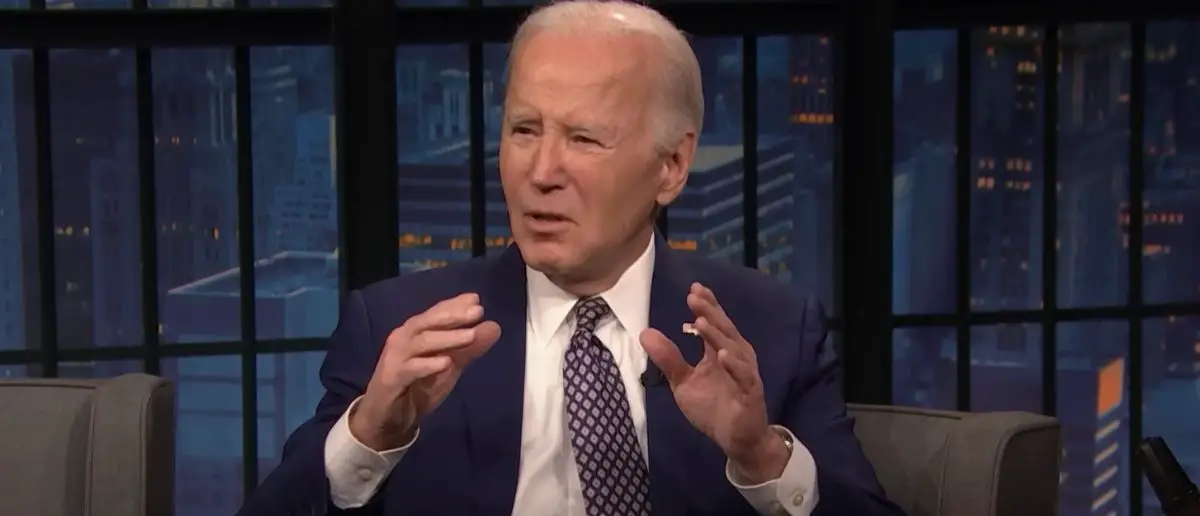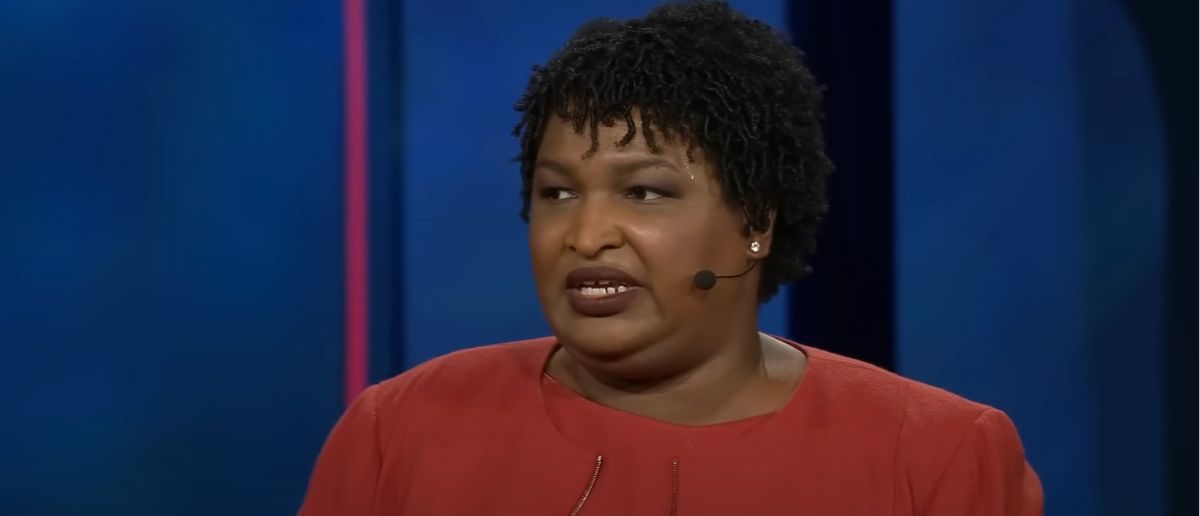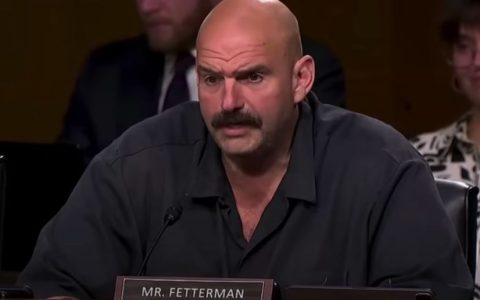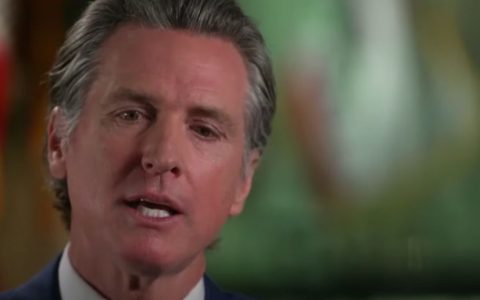
President Biden’s allies have made a mistake. And now there’s consequences to pay.
Because the Federal Election Commission just froze Biden’s campaign with a serious DOJ inquiry.
FEC Commissioner Criticizes DOJ’s Inaction in Trump Prosecution by Manhattan DA
Republican FEC Commissioner Trey Trainor is set to testify before the House Judiciary Committee on Thursday, highlighting concerns over the Department of Justice’s (DOJ) decision not to intervene in the prosecution of former President Donald Trump by Democratic Manhattan District Attorney Alvin Bragg. Trainor argues that the DOJ’s inaction sets a “dangerous precedent of local prosecutorial overreach in matters of federal concern.”
Trainor will elaborate on his stance, explaining that Bragg overstepped his authority by attempting to enforce federal campaign finance law, a jurisdiction explicitly reserved for federal authorities by Congress. One of the three possible crimes Bragg alleged Trump committed involved a violation of federal campaign finance law, connected to falsifying business records to conceal payments to former attorney Michael Cohen.
In testimony shared with reporters, Trainor criticizes the Biden DOJ for not intervening in what he perceives as an encroachment on federal jurisdiction. He emphasizes that the DOJ’s failure to act has made Trump’s trial a pivotal issue in the 2024 presidential election. Trainor points to a U.S. Supreme Court precedent that underscores the importance of federal agencies maintaining their authority to enforce federal law.
“The fact that U.S. Supreme Court precedent is so decidedly in favor of jealously guarding the ability of federal agencies to enforce federal law leaves us to wonder why Attorney General Merrick Garland and the DOJ did not intervene in the prosecution of Donald Trump,” Trainor’s written testimony states.
He argues that had the DOJ intervened early to protect the Federal Election Commission (FEC) and its own jurisdiction over federal campaign finance laws, the current situation might have been avoided.
“I posit that if the DOJ had intervened early to protect the jurisdiction of the FEC and itself to prosecute federal campaign finance laws, we would not be here discussing this matter today and it wouldn’t be the preeminent topic of the 2024 presidential election,” he continues.
Other notable figures expected to testify include Missouri Attorney General Andrew Bailey and Florida International University law professor Elizabeth Foley.
Last month, a Manhattan jury convicted Trump on 34 counts of falsifying business records related to reimbursements for a $130,000 nondisclosure agreement with adult film actress Stormy Daniels. Bragg had elevated these charges to felonies by alleging they were intended to conceal or commit another crime, specifically influencing the 2016 election through unlawful means. However, Judge Merchan’s instructions did not require jurors to agree on which specific secondary crime Trump was guilty of concealing.
Trainor highlights due process issues that could arise on appeal and criticizes the DOJ’s earlier investigation into the campaign finance issue, which did not find any crimes committed by Trump. He refers to un-redacted footnotes in two FEC documents, which indicate that the DOJ had previously intervened in multiple FEC investigations related to the $130,000 payment to Daniels.
Trainor argues that the DOJ’s extensive involvement in these investigations demonstrates its awareness of the federal campaign finance issues prosecuted by Bragg.
“Clearly, the DOJ knows a great deal about the federal campaign finance issues that Alvin Bragg has prosecuted,” Trainor argues. “DOJ counsel knew the extent to which they themselves had exercised federal jurisdiction, investigated, and found no illegal activity by anyone other than Michael Cohen.”
Despite this, the DOJ found no illegal activity by anyone other than Cohen. In 2021, the FEC commissioners were deadlocked on pursuing a case against Trump, with Republican commissioners voting to dismiss the matter, which frustrated Democrat commissioners.
Hans von Spakovsky, a senior legal fellow at the Heritage Foundation, and Daniel Epstein, Vice President of America First Legal, both underscore the exclusive authority of the DOJ and FEC in enforcing federal campaign finance law. Epstein argues that Bragg’s actions violated the public rights granted to U.S. citizens, as federal law enforcement authority is clearly defined by Congress and the Supreme Court.
“Both DOJ and the FEC could have appeared in the case through notification letters or a motion to intervene to raise objections to any claim of a violation of federal campaign finance law, explaining that the FEC has exclusive civil jurisdiction and the DOJ has exclusive criminal jurisdiction to enforce federal campaign finance law,” von Spakovsky shared with reporters.
Epstein adds, “By taking federal law into his own hands, DA Bragg actually violated the public rights granted to U.S. citizens because his enforcement scheme, in circumventing the ability for individuals to oversee his enforcement, prevented the oversight Congress granted to individuals to petition the federal government.”
The DOJ has declined to comment on why it did not intervene in the case, while other FEC commissioners have not responded to requests for comment. Legal experts maintain that Bragg overstepped his authority and that Congress could hold him accountable through oversight mechanisms. This situation raises significant questions about the balance of power between local and federal authorities in prosecuting federal crimes.
Stay tuned to the DC Daily Journal.





